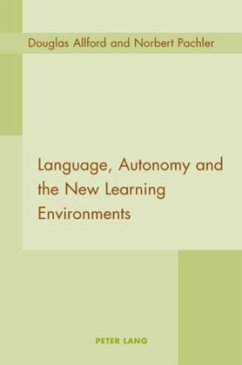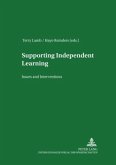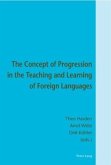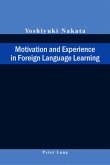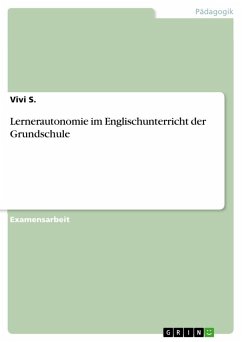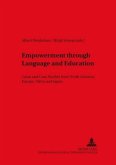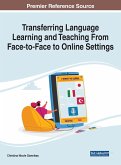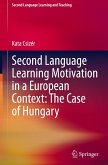The emergence of new learning environments, technological and institutional, implies a need for language understanding and autonomous learning. What do they mean? Why are they necessary? How do they interrelate? This book looks at these questions. The authors consider mother tongue and second/foreign language education in relation to 'language understanding', which includes formal knowledge and an ability to use language communicatively, and should cover the 'new' literacies. Autonomous language learning has been interpreted in various ways, and setting language understanding as a goal allows some of these (such as 'training' models) to be challenged and others endorsed. Some implications of the information society for education are considered. Learning increasingly takes place outside educational establishments, and the authors examine changes from face-to-face teacher-student interaction to mixed-mode and distance learning. The new environments create new possibilities, such asknowledge construction through computer-mediated interaction and learner autonomy in online networks, and these are explored. Throughout the book, the centrality of the teacher's role is affirmed, as educator and guide on autonomous second/foreign language programmes, and as a moderator of online discussions and a designer of online materials.
Bitte wählen Sie Ihr Anliegen aus.
Rechnungen
Retourenschein anfordern
Bestellstatus
Storno

